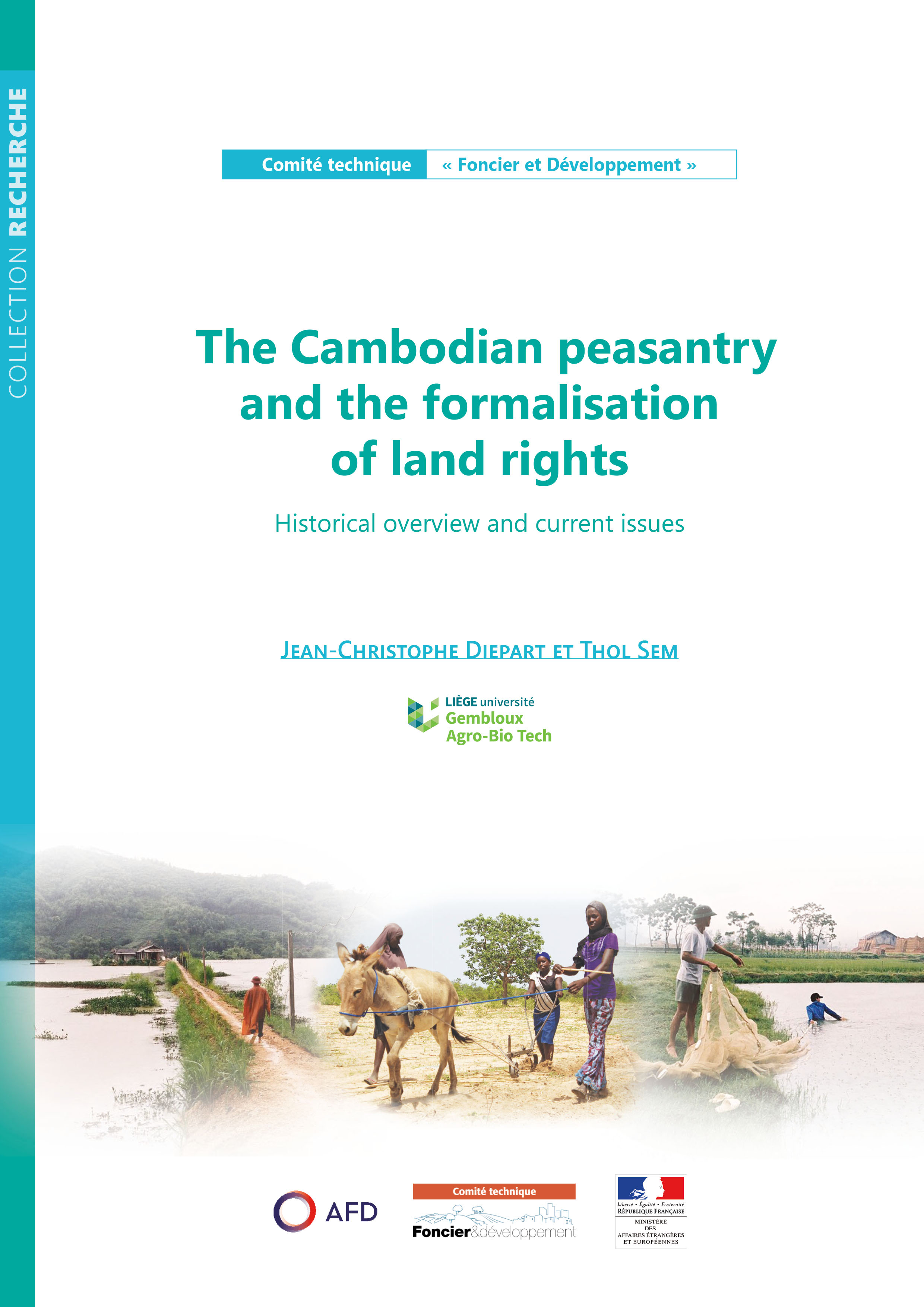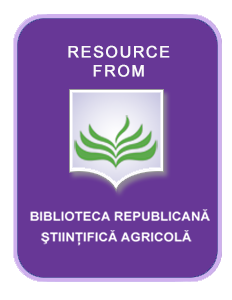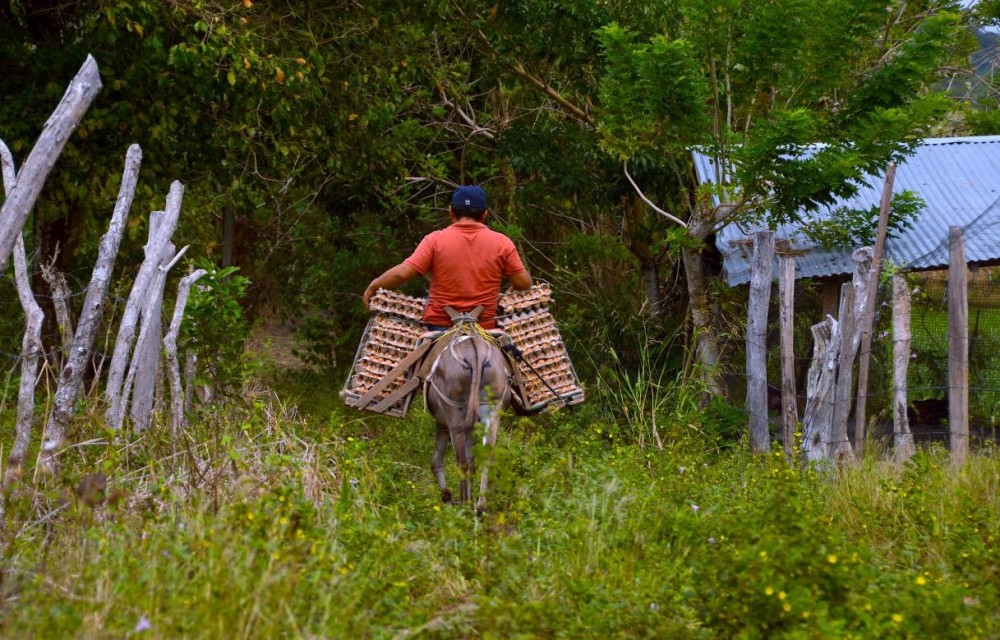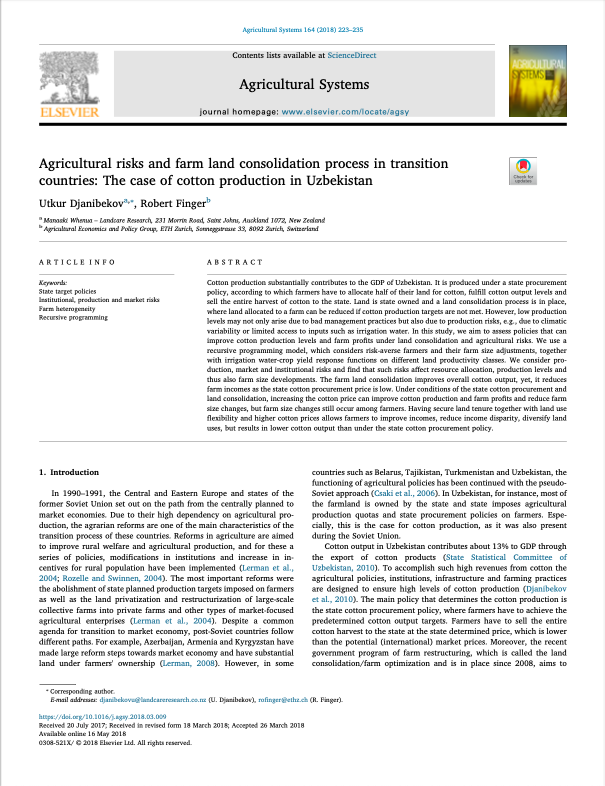Estimation of specific yield using water table fluctuations and cropped area in a hardrock aquifer system of Rajasthan, India
Assessment of specific yields is important for effective groundwater management in semi-arid hardrock aquifers, especially in India with its unsustainable groundwater usage rates. The Dharta watershed in the Udaipur district of Rajasthan is one such hardrock area in India where the groundwater extraction rate is a concern.








